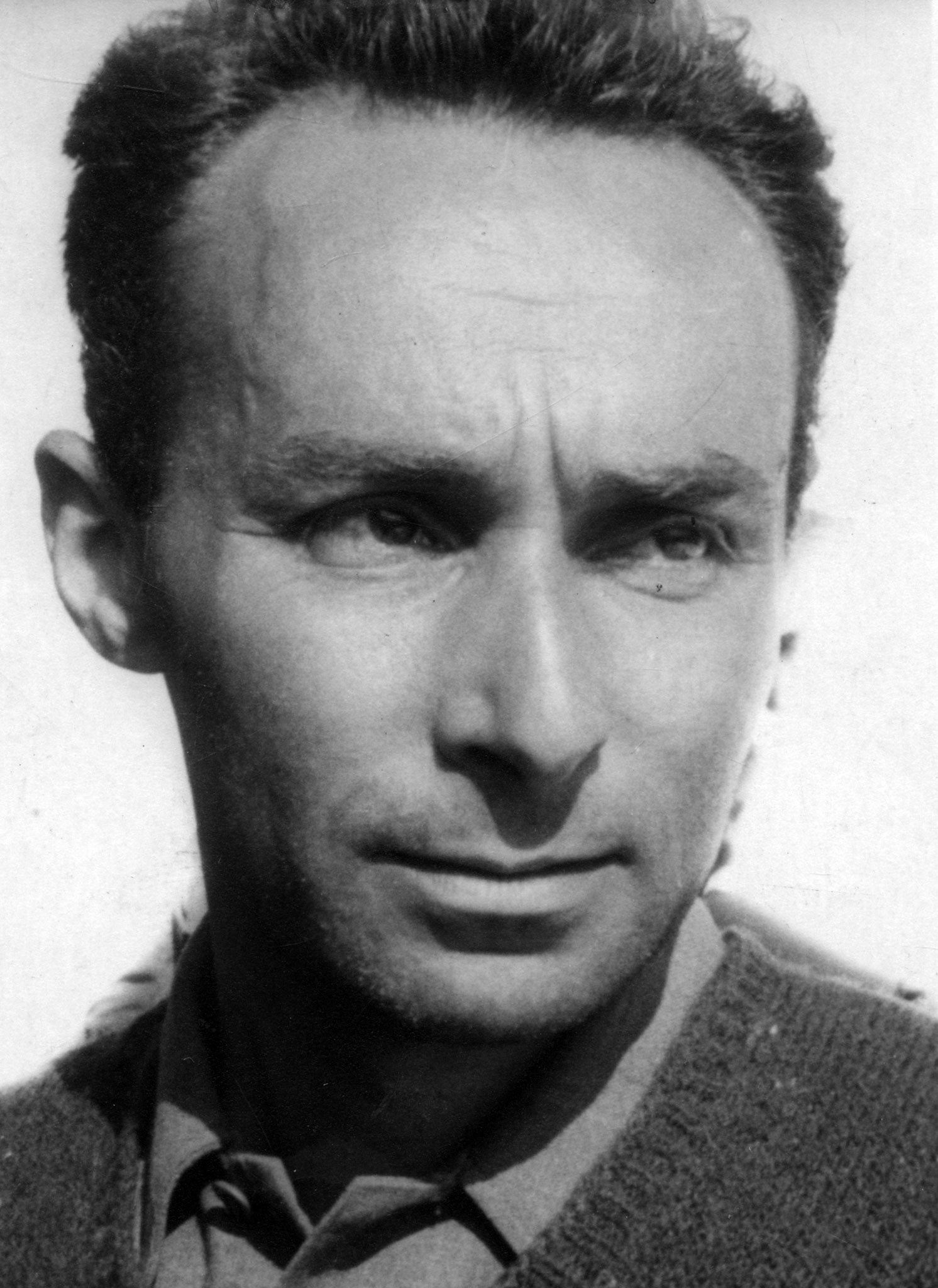The Periodic Table by Primo Levi, book of a lifetime: 'An infinitely private narration'
In certain parts of this book, Han Kang felt as though the writer was speaking privately to her

Your support helps us to tell the story
From reproductive rights to climate change to Big Tech, The Independent is on the ground when the story is developing. Whether it's investigating the financials of Elon Musk's pro-Trump PAC or producing our latest documentary, 'The A Word', which shines a light on the American women fighting for reproductive rights, we know how important it is to parse out the facts from the messaging.
At such a critical moment in US history, we need reporters on the ground. Your donation allows us to keep sending journalists to speak to both sides of the story.
The Independent is trusted by Americans across the entire political spectrum. And unlike many other quality news outlets, we choose not to lock Americans out of our reporting and analysis with paywalls. We believe quality journalism should be available to everyone, paid for by those who can afford it.
Your support makes all the difference.The first working title for my novel Human Acts was You, That Summer ; the summer of the boys who couldn't make it through the massacre of May 1980 [in South Korea]. But I had no idea how I, myself, would make it through the first summer after the book came out. The nightmares and insomnia which had started while I was researching the massacre still hadn't stopped. I wanted to be free of them, but I wasn't sure that it was truly ethical for me to be exempt from such pain. During that dilemma there was a book which sustained me; The Periodic Table by Primo Levi. In certain parts of this book, which was published 18 years after his Auschwitz testimonial If This Is A Man, it felt as though the writer was speaking privately to me. "When I returned from my life as a POW […] the many things I had experienced and seen with my own eyes were blazing inside me like fire. The dead felt closer to me than the living, and I felt a sense of guilt at being a human being."
The book's chapters are named after chemical elements. Levi was a chemist himself, and the process of his own memories being distilled so that pure chemical elements could be extracted shines clearly over his calm, confronting gaze. As Levi puts it, distillation, in which the essence is extracted from imperfect materials, is "beautiful because transformation occurs". Surprisingly, the record of this process by which the life of one dignified human being transforms from liquid to steam, and from steam back to liquid again, gained its momentum from his earliest encounters with chemistry, back when he was a boy. "I looked at the mica sparkling in the granite and… said to myself, I'm going to know what this is. I'm going to know everything. But I don't want to know it the way they want."
The summer I read this book, I felt guilty at the fact that I was a human being. I wanted to know everything, but I absolutely didn't want to know it the way they wanted. I was aware that questions about violence pain us because we believe in the dignity of human beings. Through an infinitely private narration, this book was speaking to me. Saying that, rather than escaping I had to hold myself inside the pain of the questions for longer. That only writing and calm confrontation would let the slow, tenacious adventure of transformation through distillation continue.
Han Kang's new novel, 'Human Acts' , is published by Portobello
Join our commenting forum
Join thought-provoking conversations, follow other Independent readers and see their replies
Comments